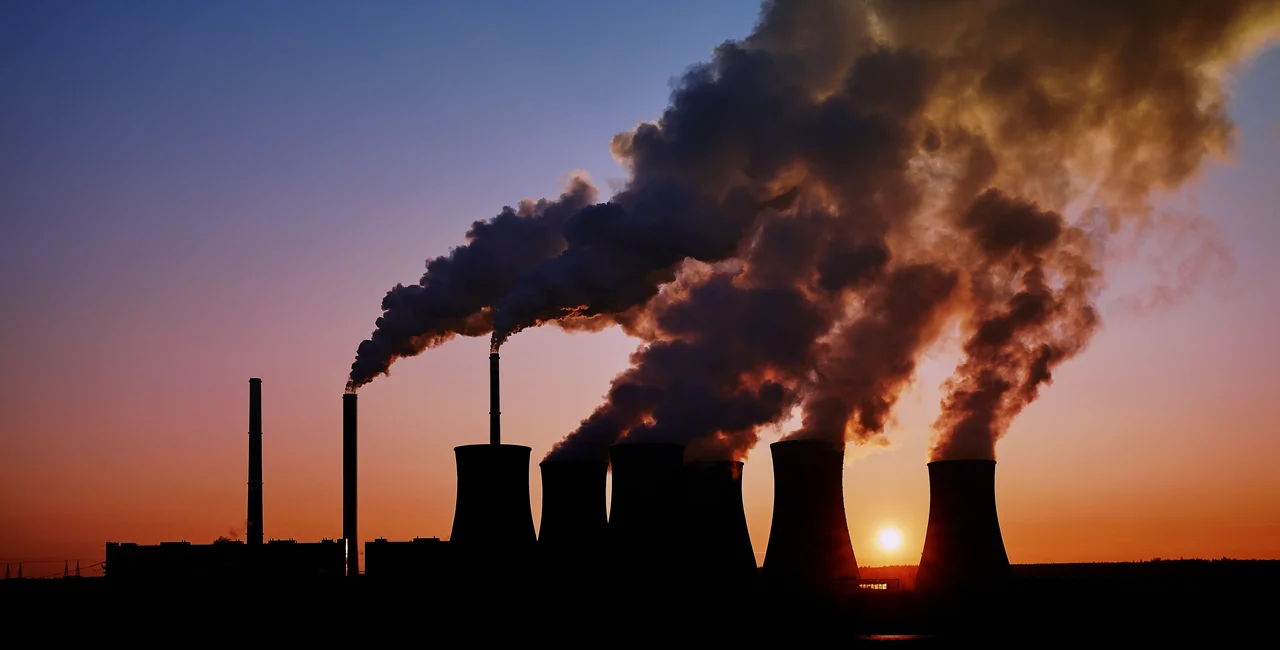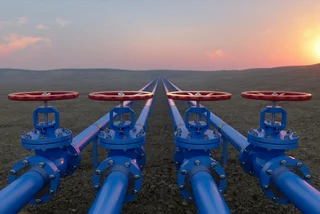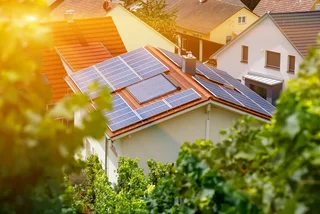When the Czech government was elected in October on promise to restore the country’s international reputation, it couldn’t have foreseen the drastic global impact of war in Ukraine. Priorities which were previously at the top of the national agenda have been relegated to a secondary importance amid the conflict.
One long-term goal which the Czech government is determined not to let slip is its commitment to meeting EU climate targets. Yesterday, Environment Minister Anna Hubáčková stressed that the Czech Republic will not back away from the EU’s Green Deal and Fit For 55 climate programs.
Speculation is growing about the viability of these programs amid skyrocketing energy and fuel prices caused by uncertainty about supplies from Russia. The EU has already introduced a ban on Russian coal imports, and European Council President Charles Michel suggested a ban on oil and gas will come in the future.
This is a significant headache for the Czech Republic because of its deep dependency on Russia, currently supplying 86 percent of the nation's gas and 35 percent of its oil.
Other countries, such as neighboring Austria, have better-developed renewable sectors and lower dependency on Russian gas, making a "green" transition away from Russian energy an easier task.
“We want to keep the planned [climate] goals, but we probably won’t speed them up, like in Austria,” Hubáčková said after a meeting with her Austrian counterpart.
Bez ropy z Ruska se v tuhle chvÃli můžeme obejÃt. Pro Rusko jde pÅ™itom o nejvÄ›tÅ¡Ã zdroj pÅ™Ãjmů, který umožňuje páchat váleÄné zloÄiny na nevinných civilnÃch obÄ›tech. Volba je jasná.
— Greenpeace ÄŒR 🇨🇿 (@GreenpeaceCzech) April 12, 2022
☮ï¸ðŸŒˆâ¤ï¸#NoOilNoWar#StopFuellingWar@P_Fiala @JanLipavsky @VeraJourova https://t.co/9b4u3YFQ91
On the other hand, some government figures, such as Minister of Labor and Social Affairs Marian Jurečka, have suggested that an increase in domestic fossil fuel energy production may be necessary to fill the gap left by Russian supplies.
PARTNER ARTICLE
“We’re aware that coal could play a very important role in ensuring basic functioning,” said Jurečka. “We see dependency on Russia as a huge security risk. We have to look for other sources.”
This means the end of coal mining in the Czech Republic, previously slated for 2033, is now in doubt. A shortfall in energy imports may in fact result in a significant increase in mining activity in the short-term.
Pressure to put some of the EU’s climate goals on hold isn’t limited to the Czech Republic. Agricultural chambers throughout Central and Eastern Europe have asked the EU to reassess some of its Green Deal plans due to the risk of energy shortages affecting food production.
The EU sees the transition away from Russian gas as an opportunity to accelerate climate initiatives, but the Czech Republic’s renewable energy sector is currently poorly developed compared to others in Europe, supplying only around 12 percent of national power.
Nuclear is another alternative to fossil fuels, but expanding nuclear power production is a lengthy and complicated process and therefore a poor short-term solution to energy supply issues.
The contradictory messages coming from the Czech government illustrate the difficulties presented by the Ukraine crisis. Refusal to back away from climate targets contrasts with admission that the shift away from Russian energy will likely necessitate an increase in coal power production. How the government resolves this conflict will have ramifications for energy supply, and the climate, for decades to come.












 Reading time: 2 minutes
Reading time: 2 minutes 



























